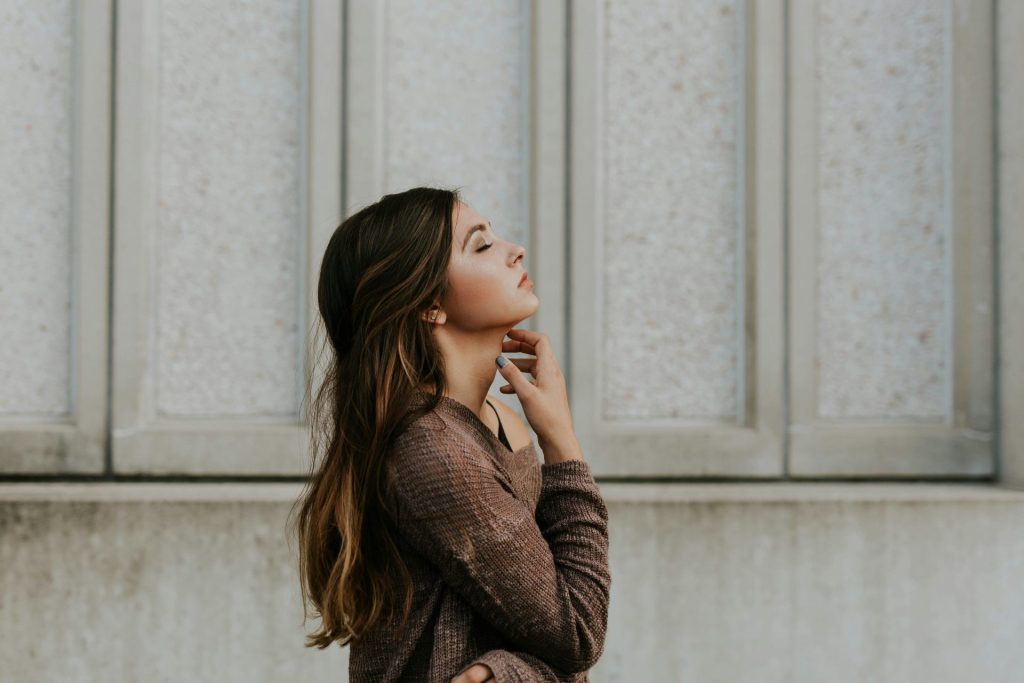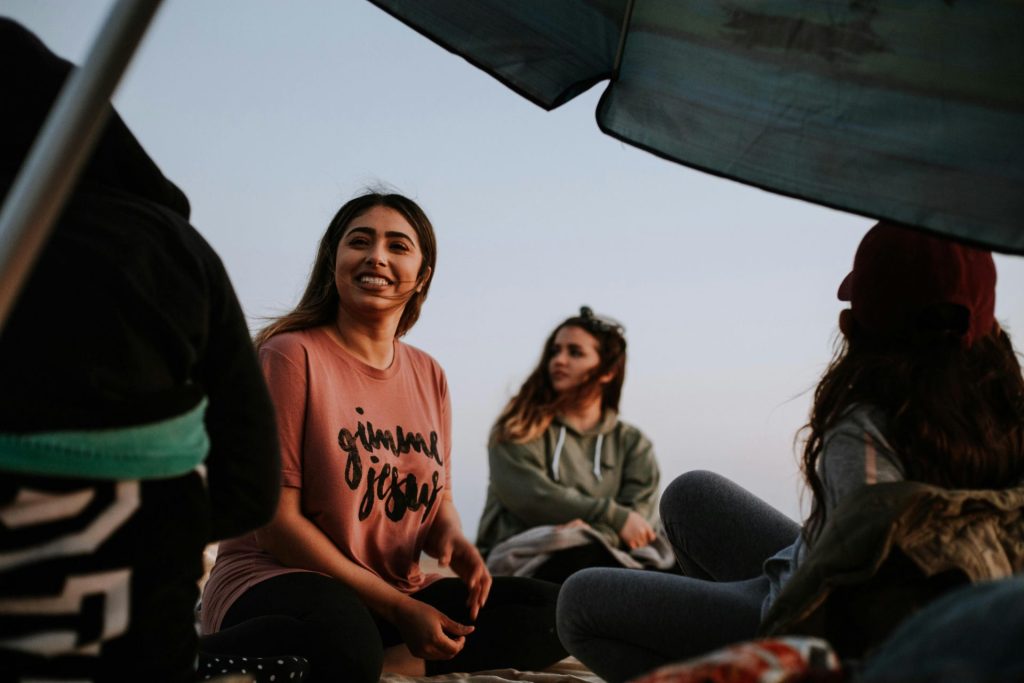In the United States, there is a remedy based on the Violence Against Women Act that provides protection to those who have been victims of domestic violence, abuse, or exploitation, regardless of their immigration status. This remedy is known as VAWA.
In this article, Jaskot Law will explain what VAWA is, who does it protect and what are the requirements for VAWA in the United States. Moreover, our team of expert attorneys is available to help you navigate the complex immigration process in the U.S. through a personalized service. Contact us today for the review of your case.
Table of Contents
What is VAWA?
VAWA is a remedy based on the Violence Against Women Act. First enacted in 1994, VAWA allows victims, both men and women, to seek safety and justice without fear of retaliation or deportation in the United States.
Among its most notable provisions, VAWA allows certain victims of domestic violence and abuse to apply for immigration status independently and without having to rely on the abuser to navigate the status process.
This is why it is crucial to understand the requirements for VAWA to ensure that those in vulnerable situations can access the legal resources and support needed to rebuild their lives.

Who can apply for the VAWA Visa in the United States?
To be considered eligible to apply for a VAWA visa, a person must take into account the particular situation in which they find themselves in. Thus, we can say that a person may be eligible to apply for a VAWA self-petition if they are a victim of abuse or extreme cruelty committed by any of the following persons:
- A spouse or former spouse who is a U.S. citizen.
- A parent who is a U.S. citizen.
- A child who is a U.S. citizen.
- A lawful permanent resident who is your spouse or former spouse.
- A parent who is a lawful permanent resident in the United States.
VAWA Application Requirements
In addition, in order to make a self-petition, the VAWA requirements stipulated for the category that corresponds to each applicant must be met. In this way, the mandatory requirements for primary beneficiaries and derivative beneficiaries can be taken into account as detailed below:
- Primary beneficiary
- You must be the spouse, or a child under 21 years of age, of a U.S. citizen or lawful permanent resident.
- Provide proof or evidence of relationship to the U.S. citizen or lawful permanent resident.
- Provide evidence of the mistreatment and/or abuse suffered, which may include police reports, protection orders, medical records, testimonies, photographs, among others.
- Prove that you are living in the United States at the time you file your VAWA application, or prove that you have temporarily left the country because of the abuse you suffered.
- Derivative beneficiary
- The relationship to the primary beneficiary must be demonstrated, i.e., proof of being a child under 21 years of age, an unmarried child over 21 years of age who was abused prior to age 21, or other family members who meet the eligibility criteria.
- Provide evidence of the mistreatment and/or abuse suffered through relevant documents.
VAWA Visa Types
- Visa for spouses. In this case, the VAWA Visa helps and protects spouses of U.S. citizens or lawful permanent residents who have suffered abuse.
- Visa for children. The VAWA Visa provides protection for children under the age of 21 and/or children over the age of 21 who were abused or neglected before their 21st birthday.
- The VAWA visa provides protection for family members of T-visa or U-visa beneficiaries who have suffered mistreatment and/or abuse.

VAWA Visa Benefits
The VAWA Visa provides essential benefits to those who have been victims of domestic violence by a U.S. citizen or permanent resident. One of the main benefits is the ability to self-petition for permanent residency, without the need for the abuser to participate in the process. However, there are other benefits associated with obtaining a VAWA Visa, which include those listed below:
- Legal protection in the United States. A VAWA beneficiary will have legal rights and will be able to live in the country without the constant fear of deportation.
- Obtain Employment Authorization. A VAWA beneficiary will be able to obtain Employment Authorization and work legally in the United States.
- Access to public benefits. A VAWA beneficiary may be eligible for certain public benefits, including Medicaid, Medicare, and food assistance.
- VAWA beneficiaries will also have the possibility of becoming lawful permanent residents of the United States.
VAWA Employment Authorization
A VAWA beneficiary will be able to obtain Employment Authorization once the visa is approved and while awaiting a decision on his or her immigration status.
For more information on the process of obtaining a VAWA Employment Authorization, you can refer to the following Jaskot Law article: What is the waiting time to obtain a VAWA work permit?
VAWA Visa Application Process
In order to apply for a VAWA Visa, an individual must meet the requirements set forth by the U.S. government and follow the steps outlined below.
STEP 1: Gather evidence of mistreatment or abuse inflicted by a U.S. citizen or lawful permanent resident, and prepare any additional documentation that may be necessary, including documents certifying and supporting the relationship to the U.S. citizen, as well as credible testimony to support the application.
STEP 2: Complete the Form I-360 Petition for Self-Petition under the Violence Against Women Act and submit your application to the U.S. Citizenship and Immigration Services (USCIS).
STEP 3: Wait for USCIS to review the application. During this step, you should be aware that USCIS may notify you that it requires more information in order to consider your application, in which case you will need to provide the required information.
STEP 4: Once the application has been processed, you will be required to attend the fingerprinting and biometrics collection. USCIS will send you a notice detailing the appointment details (the place, day, and time) for the collection of your biometrics.
STEP 5: USCIS will issue a notice of approval or denial of the application. If the application was approved, the beneficiary may apply for Employment Authorization. In addition, after a period of time, a VAWA beneficiary may apply for permanent residence in the United States.

What is the processing time for a VAWA application?
The processing time for a VAWA application can vary considerably, depending on several factors. In general, it can take between 16 and 24 months for the U.S. Citizenship and Immigration Services (USCIS) to review and make a decision on a VAWA petition.
The above time frame is subject to change, as it may be affected by the volume of applications received and processed by USCIS, the complexity of the case and/or the need to provide additional evidence to complete the application. Once the VAWA Visa is approved, the beneficiary may begin the process to adjust his or her immigration status.
Why do I need legal help to apply for VAWA?
Having legal assistance in applying for relief under the Violence Against Women Act is crucial because of the complexity of the process and the importance of presenting a strong case. An immigration attorney can guide the applicant through the complicated legal requirements, gather the necessary documentation, and formulate a compelling argument to increase the chances that the application will be approved.
At Jaskot Law we believe that having the support of an attorney can make the difference between a successful application and a denial. For this reason, our team offers personalized attention and guidance to each VAWA Visa applicant. We strive to make sure you understand your rights and options at every stage of the process. Contact us today for a case review.
Frequently Asked Questions
What documents are needed to prove abuse under VAWA?
To prove abuse under VAWA, it is essential to gather evidence such as police reports, protective orders, medical records, witness testimony, and photographs. Letters from therapists or social workers who have treated the victim may also be included. These documents will help prove the abuse suffered, a key requirement for the application process.
Can I apply for VAWA if I am no longer living with my abuser?
Yes, you can apply for VAWA even if you no longer live with your abuser. One of the requirements is to show that the abusive relationship occurred while you were living together. However, it is crucial to present evidence of the abuse suffered and the relationship with the abuser, either during or after the cohabitation.
What happens if my VAWA application is approved?
If your VAWA application is approved, you will be able to apply for Employment Authorization, which will allow you to work legally in the U.S. In addition, you will have the ability to adjust your immigration status to become a permanent resident. You will also be protected from deportation and will be eligible for certain public benefits, such as Medicaid and food assistance.
Ana Aguirre Santos is an advanced student of the National Sworn Translator’s Degree in English at the National University of Córdoba (Argentina) where she specializes in legal and commercial translation. She has worked as a translator and copywriter for several websites, creating relevant and reliable content for a variety of users.


